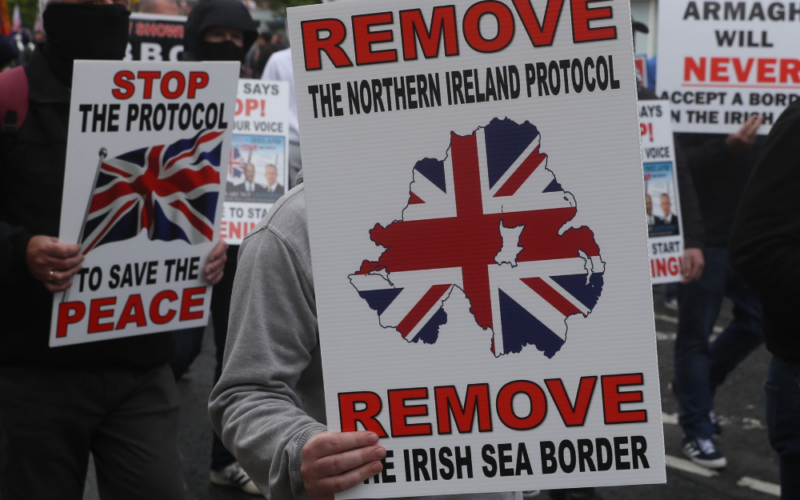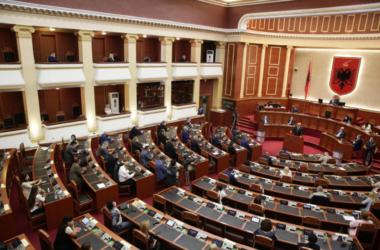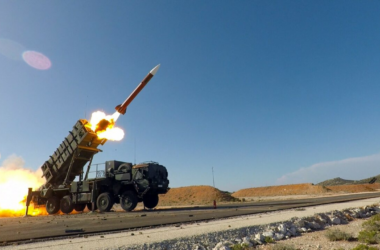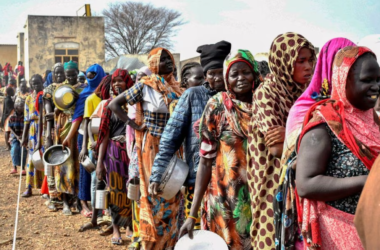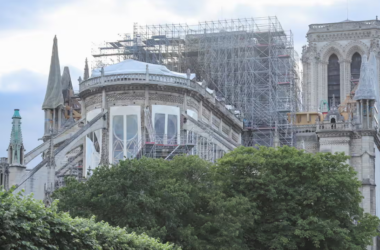Ireland has launched a legal challenge against the United Kingdom over a recently enacted law providing conditional amnesties to former soldiers and militants involved in the decades-long violence during Northern Ireland’s turbulent period. The European Court of Human Rights (ECHR) confirmed on Friday that Ireland’s legal action is based on the argument that certain provisions of the law are incompatible with the European Convention. This development has elicited condemnation from victims’ families, human rights groups, and major political parties across the island of Ireland.
The contentious law, which came into effect in September last year, has stirred widespread criticism. It grants conditional amnesties to individuals involved in the “Troubles” period, a conflict that spanned three decades and resulted in around 3,600 deaths. The victims included those engaged in Irish nationalist movements, pro-British “loyalist” paramilitaries, and the British military. The legislation has been denounced for hindering justice and accountability for past actions.
The Irish government submitted its legal challenge to the European Court of Human Rights on January 17, asserting that specific aspects of the law violate the principles outlined in the European Convention. The move underscores Ireland’s commitment to addressing the concerns raised by victims’ families and human rights advocates.
The United Kingdom has defended the amnesty law by halting prosecutions related to the “Troubles” era, arguing that convictions are increasingly unlikely after such a prolonged period. The UK government contends that the legislation is necessary to bring closure to the conflict, marking a departure from previous approaches to dealing with historical offenses. However, this justification has faced resistance from those who believe accountability and justice should not be compromised.
When Dublin announced its decision to take legal action against the British government last month, it emphasized the lack of alternative avenues for resolution due to London’s refusal to engage in a political dialogue on the matter. The Irish government views legal intervention as a necessary step to address the shortcomings of the amnesty law and ensure adherence to international human rights standards.
The controversial law has triggered a collective response from various quarters, drawing condemnation from victims’ families, human rights organizations, and political entities on both sides of the Irish border. The move by Ireland to challenge the law in an international court reflects the gravity of the issue and the determination to seek legal avenues for redress.
As the legal challenge unfolds, it underscores the complexities surrounding historical conflicts and the pursuit of justice. The outcome of Ireland’s case against the UK over the contentious amnesty law will have implications not only for the specific context of Northern Ireland but also for broader discussions on accountability, reconciliation, and human rights in post-conflict societies. The resolution of this legal dispute will be closely watched by those advocating for justice, transparency, and the upholding of human rights principles.




